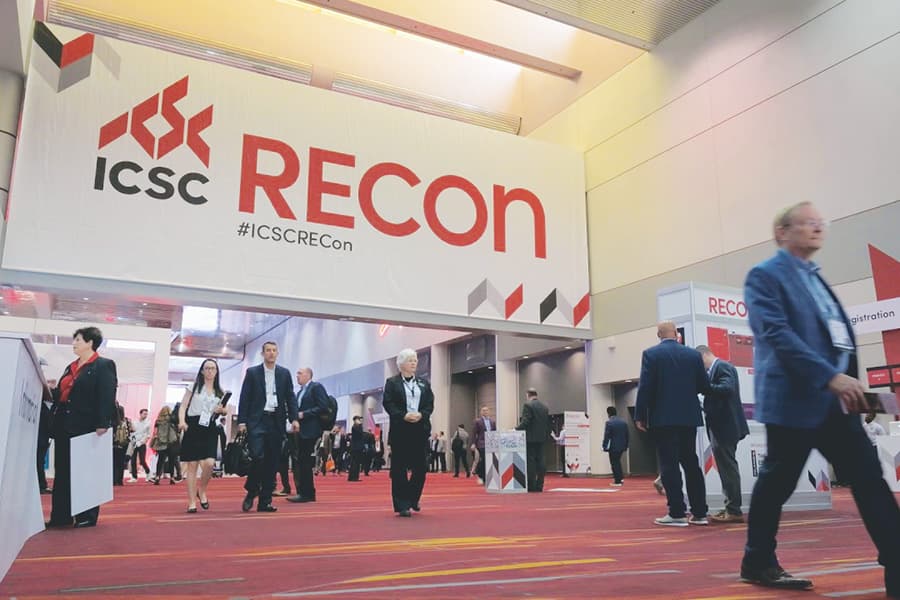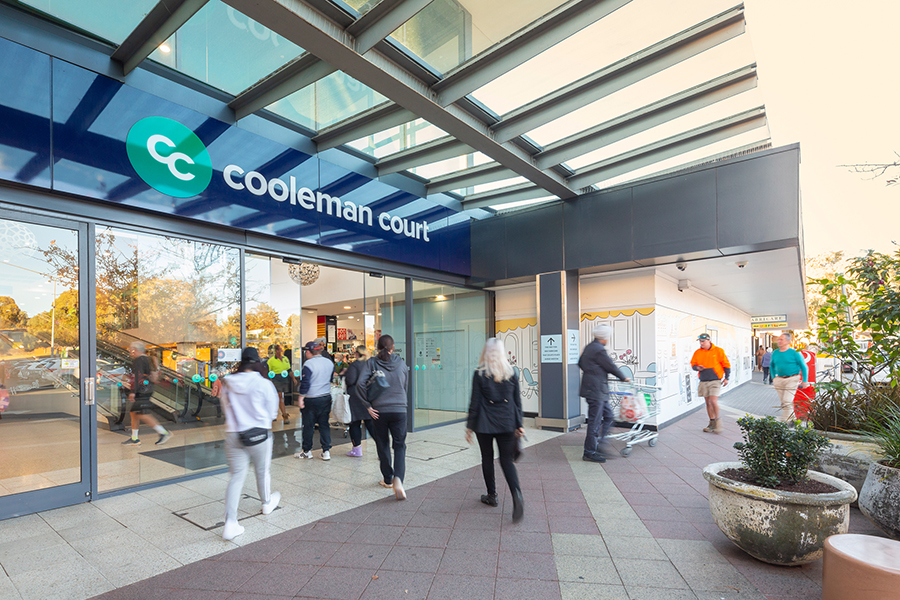The International Council of Shopping Centres is anything but ‘International’. Over the years, the ICSC has ‘positioned’ itself as the ‘authoritative institution’ of the shopping centre world. But that’s purely a marketing strategy; the reality is diametrically opposed. Although some of the ICSC administrations have been sincere, hard-working and committed, the reality is that the US has never been a world leader in the shopping centre field, and less so, the ICSC. Its influence is waning; in fact, it’s already waned! Milton cockburn is a former member of the Executive Committee of the ICSC Asia Pacific Advisory Board and has written this piece for SCN.
After decades spent forging a global role, the International Council of Shopping Centers (ICSC), headquartered in New York, has now decided to confine its activities to the US and Canada.
Until last year, outside North America, the ICSC was organised on three international regions: Europe-Middle East; Asia Pacific; and Latin America-Caribbean, with each region headed by a Managing Director. SCN revealed in 2016 (Volume 34, Number 5, 2016) that the ICSC had scaled back its activities and role in the Asia Pacific region, had closed its China office and had retrenched most of its staff, including the Managing Director, Sara Fang Horton.
The ICSC has now closed its Europe-Middle East office, which was its largest international office, and has retrenched its staff, including the Managing Director, Bill Kistler. This was reported by the European property magazine, PropertyEU, on 28 January 2020. The magazine said the decision had been taken in January 2019 but there has been no announcement by ICSC.
PropertyEU also reported: “It is understood that the ICSC also took a decision to shut its Asia and Latin America operations at the start of last year [2019]”. The ICSC website gives no information about the closure of the international offices, nor was there any mention of the closures in the ICSC’s Annual Report for 2018-2019. The ICSC has, however, deleted all references to its international offices on its website.
SCN can confirm that the ICSC no longer has an office or any staff in Singapore, which after the closure of the China office in 2016 once again became the headquarters of ICSC’s Asia Pacific region. SCN can also confirm that the ICSC closed its Latin America office earlier this year and retrenched its Managing Director, Daniel Batlle. The last ICSC event in the region was RECon Latin America, which was held in Lima in November 2019. Again, there was no announcement by the ICSC of this closure.
The scrapping of the international offices means that the ICSC now operates only as a North American organisation. This reverses the strategy of internationalising ICSC’s operations and membership, which began under its long-serving CEO, John Riordan, and which was accelerated under his successor, Mike Kercheval.
There were always opponents of this globalisation strategy within ICSC. Those arguing for an ‘America-first’ strategy pointed to the costs of carrying these regions. In 2016, the ICSC apparently lost about US$2 million internationally, with the Asia Pacific region accounting for about US$600,000 of this loss. Despite this international loss, the ICSC still posted an operating surplus that year of US$2.34 million.
Those opposed to giving meaning to the word “international” in ICSC’s title appear to have gained an ally when Mike Kercheval was succeeded as CEO in September 2015 by Tom McGee, a former senior executive at Deloitte. One of McGee’s first actions was to substantially wind back the ICSC’s operations in Asia and to commission reviews of the other international regions. These reviews have apparently led to the decision to close all international offices.
Although the closure of the international offices was finalised before the COVID-19 health and economic crises began, the decision will be seen to have been vindicated by the changed financial circumstances that the ICSC now faces.
While the ICSC made an operating surplus of nearly US$1 million in 2018 (the latest accounts publicly available), this could be the last surplus it posts for some time. The ICSC’s major deal-making convention, RECon, usually held each May in Las Vegas, has been ‘suspended’ and there must be doubt about whether it can be rescheduled in 2020. RECon usually contributes net revenues of about US$13 million to the ICSC’s budget.
Many other revenue-generating activities of the ICSC have also been curtailed by the US lockdowns. The ICSC’s ‘events’ page on its website is usually packed with activities scheduled throughout the US and Canada. At the time of writing the only item on the page is a notice advising that RECon, which was to be held on 17-19 May 2020, is ‘suspended’.
The ICSC’s membership income is also likely to take a hit, given the severe downturn in the shopping centre and retailing industries in the US and Canada as a result of the lockdown. The ICSC will also have to confront a depressed retailing environment, which is likely to prevail for some time even after the American economy is kickstarted.
Nevertheless, the ICSC entered the economic downturn with a healthy balance sheet. At 31 December 2018 it had net assets (reserves) of US$113 million, although it is not known how damaging the recent decline in the financial markets has been to ICSC’s investments.
The organisation is likely to need to dig deep into its reserves over the next few years if it is to avoid substantially reducing its activities and staffing levels in North America.
The ICSC’s decision to close its Europe-Middle East office has left European shopping centre owners and retailers searching for a replacement body. According to PropertyEU, a new European organisation is being planned, tentatively called the European Council of Shopping Places (ECSP). The negotiations to begin a replacement trade association were being led by Peter Wilhelm, who was the European Chairman of ICSC before the axe fell on that body. PropertyEU reported that, at its peak, the European region of ICSC had about 7,000 members across 35 countries.
The ICSC decision is unlikely to have much impact in the Middle East where the Middle East Council of Shopping Centres & Retailers (MECSCR), based in Dubai, remains strong and now reaches into the North African region.
The ICSC’s involvement in the Asian region is now likely to cease. Without staff, its role in areas such as shopping centre education will be impossible. The major convention, RECon Asia Pacific, held last year in Singapore, will not be held this year and its future is doubtful. A financially weakened ICSC is unlikely to contribute resources to stage this event in future years.
Other shopping centre peak councils in Asia, such as Mall China and the Council of Asian Shopping Centres, are likely to be the main beneficiaries of the ICSC’s decision to withdraw to North America.
The ICSC’s reluctance to announce the closure of its international offices suggests there is sensitivity within the organisation about the ‘Americanisation’ of ICSC.
While some blame CEO Tom McGee for the new strategy, the decisions to close the international offices could not have been taken without the agreement of the ICSC’s Executive Board.
In 2016, when the ICSC dramatically wound back its operations and staffing in Asia, the then ICSC Chair, Liz Holland, denied that there was pressure from within the Executive Board, and within the ICSC’s Board of Trustees, to retreat from its international operations. That has obviously changed.
SCN submitted questions to the ICSC’s media office in New York seeking information about the closure of the international offices but there was no response at the time of publication.
The ICSC still remains active in Canada so the word ‘international’ in its title is not yet a misnomer. Nevertheless, just as the rest of the world is amused by America’s insistence on calling its national baseball competition the ‘World Series’, the name International Council of Shopping Centers is likely to become something of a running joke outside North America.





















